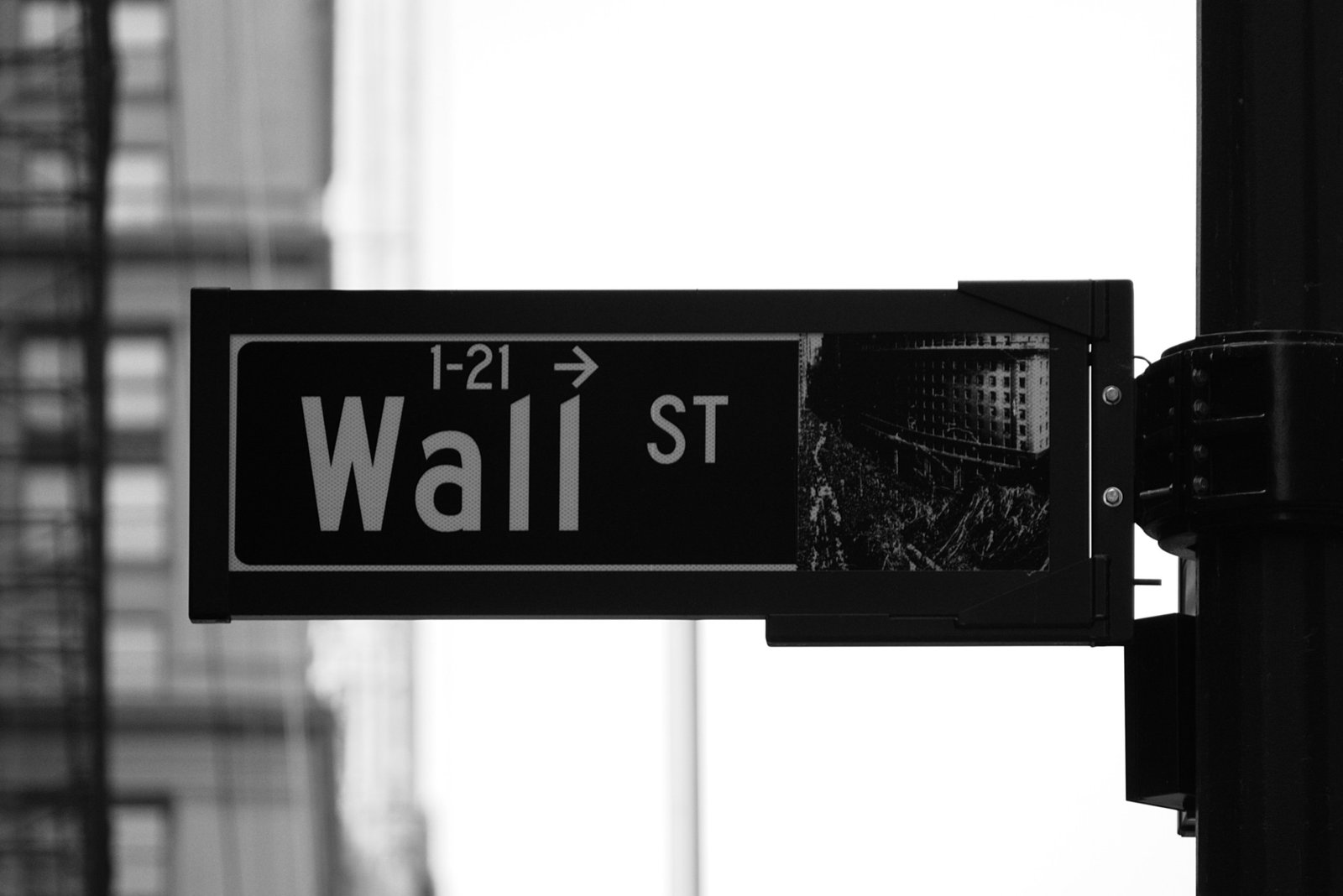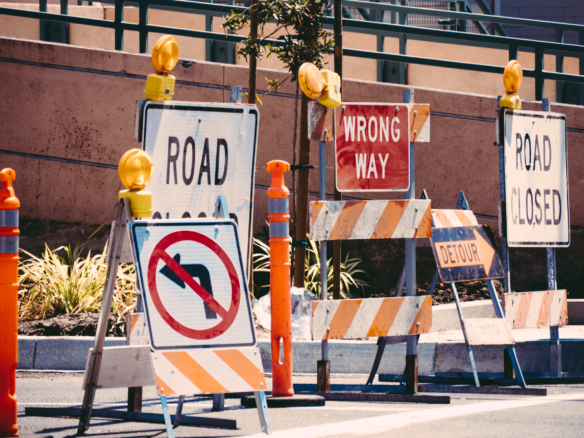Today is March 9, 2020, and as I write this, the US Stock Market is forecast to open significantly down. Investing in the stock market has always been volatile, and on any given day, the value of your portfolio can vary significantly. The market is down for two main reasons (1) Russia and Saudi Arabia have decided they won’t play nice when it comes to reducing oil production – important for oil-producing countries like Saudi Arabia, Venezuela, Iran, and Russia, which depend on this revenue to fund a major portion of the government, and (2) Covid19 “Corona Virus” is spreading all over the world, halting vibrant economies (Northern Italy responsible for most of Italian GDP is now under quarantine) and could soon have a much greater impact in the US. At the same time, many companies that manufacture or sell in China have already been feeling the effects of this for some time.
I still invest in the market for a portion of my portfolio, but the bulk is in real estate. I like real estate for the following reasons: (1) Stability, (2) Predictability, and (3) Returns.
Let’s start with the first point, stability. Why is real estate stable? I would make the case that not all real estate is stable, it depends on the market and strategy that you are chasing. In my case, I prefer to target secondary and tertiary (e.g. smaller) markets, with relatively steady population dynamics, and focus on smaller multifamily properties (e.g. apartment buildings of under 25 units), so that I’m not competing with institutional investors that chase the larger (50+ unit) deals. Everyone needs a place to live and if you make your apartments slightly nicer than the average at that price point, your units will always attract good tenants. Some investors may also prefer that unlike the stock market, the value of your property doesn’t fluctuate wildly from day-to-day. It is a good store of value (wealth) over time.
Real estate is predictable because even if one or two tenants pay late or not at all, the vast majority will. If you have a good investment management process, or use a company like HPM, you will find and attract good tenants, which decreases your risk of non or late payment. I’ve never actually evicted anyone and have only had perhaps people over 7 years ever leave owing money that goes unpaid. That works out to less than 3% of my tenants and the total amount that went uncollected over that time is less than $3,000. Generally, 90% of tenants pay their rent in full by the first or second day of the month and the balance by the end of the first week. What this means is that you can depend on the rent to pay your bills. Unlike your W2 job, where you are reliant on being paid by one person (your employer), owning rental properties gives you multiple independent streams of income. If you have ten apartments, you would have to be “fired” by all ten tenants to collect $0 in rent for the month.
The returns paired with the stability and predictability are what make real estate investing a home run. Let me provide an example of an investment from my own portfolio that demonstrates some of these advantages. I purchased my first duplex in Maine for $78,000 in October 2016, putting 25% down ($22,800). Located 40 minutes from Portland, ME, each unit has 2 bedrooms, one bathroom, a living room, kitchen, and a garage space. The lower unit also has some storage area in the basement, and there is a small shared backyard. The units rent for $950 and $995 per month, for a total of $1945. The total cost of the mortgage, taxes, and insurance are about $600 per month. Add in property management fees, utilities, and the budgeted amounts for repairs, and capex (larger repairs – things like the roof, a new heating system), which we put into a savings account specifically for that purpose, and after everything, we were left with about $500 per month ($6,000 for the year). If I’m being technical, we also paid down just over $1,000 in principal on the loan balance. Whether you count that net as $6,000 or $7,000, when compared against the initial investment ($22,800), our cash-on-cash return is either 26.31% or 30.1%.
Not too shabby, but it gets better. With real estate, you are also able to depreciate a building over its useful life, meaning that about half of the expected income each year is tax free. I’m not going to get into the details, but it’s a standard concept that your accountant or tax software can easily do for you. Beyond depreciation, that 26.31% or 30.1% return mentioned above is the annual return provided that the property doesn’t increase in value. If that happens, your actual return can be greater. In my case, the appraised value of the property is now $130,000, and many banks will let you refinance a property and pull out up to 80% of the appraised value if the cash flow from the investment supports this. 80% of the appraised value ($130,000) is $104,000, or about $26,000 more than the original purchase price of $78,000. If I refinance into a new loan of $104,000, I can then take the proceeds, pay off the current loan balance (about $54,000), recoup my initial investment ($22,800), and I’m left with an extra $27,200. The interest rate on the new loan will end up being a bit lower than the previous loan given that we are at an all-time low on mortgage rates. Increasing the loan size from $54,000 to $104,000 will likely increase my payment to about $900 per month (for mortgage, taxes, insurance) an increase of $300 per month over today. That said, the property easily supports the extra debt load.
In terms of our return over the last 4 years, the cash flow looks like this.
2016 – buy property (-$22,800)
2017 – 1-year anniversary ($6,000 in net cash flow) – 26.31% return
2018 – 2-year anniversary ($6,000 in net cash flow) – 26.31% return
2019 – 3-year anniversary ($6,000 in net cash flow) – 26.31% return
2020 – 4-year anniversary ($6,000 in net cash flow), plus repayment of initial down payment ($22,800), $54,000 to payoff the first mortgage, and an extra $27,200 left over to invest in future deals along with my original down payment. Keep in mind, I still own the property. Total cash to keep in year 4 = $56,000. – 245.61% return
On top of that, in future years, I will continue to collect net annual cash flow of approximately $1,600, which I can spend how I wish, or use it to pay down the new mortgage in about 15 years.
Not a bad deal, is it? If you are interested in learning more about real estate investing and making it a part of your portfolio, please contact office@honest.pm or give us a call at 207-500-7027. We would love to speak with you.



